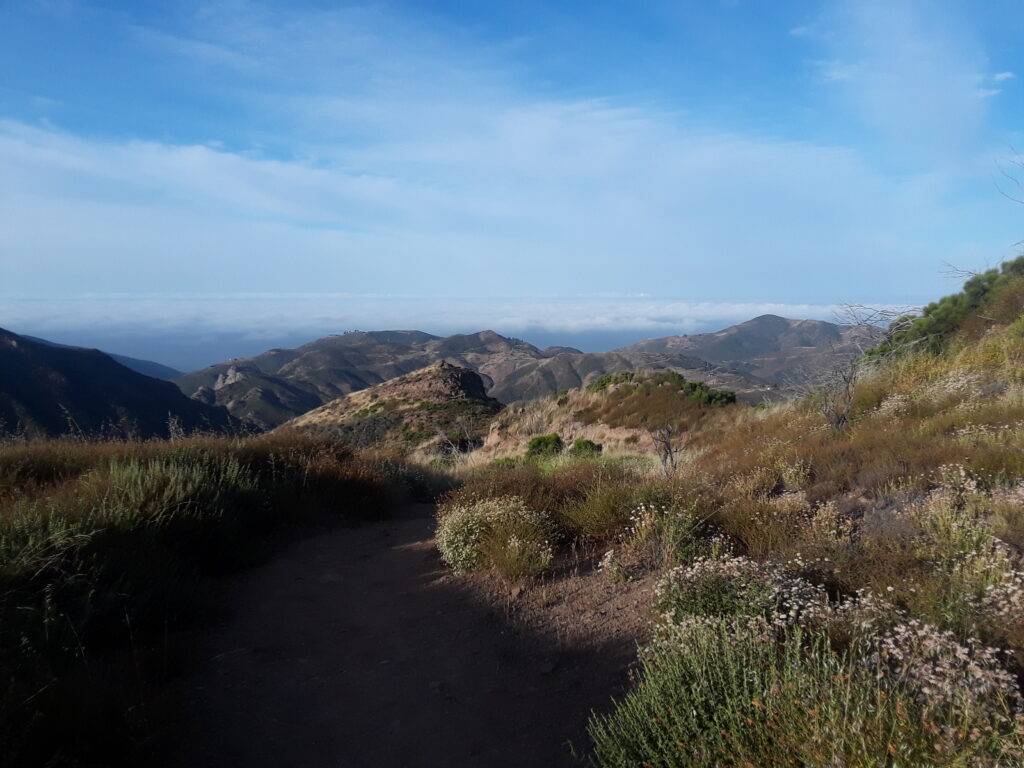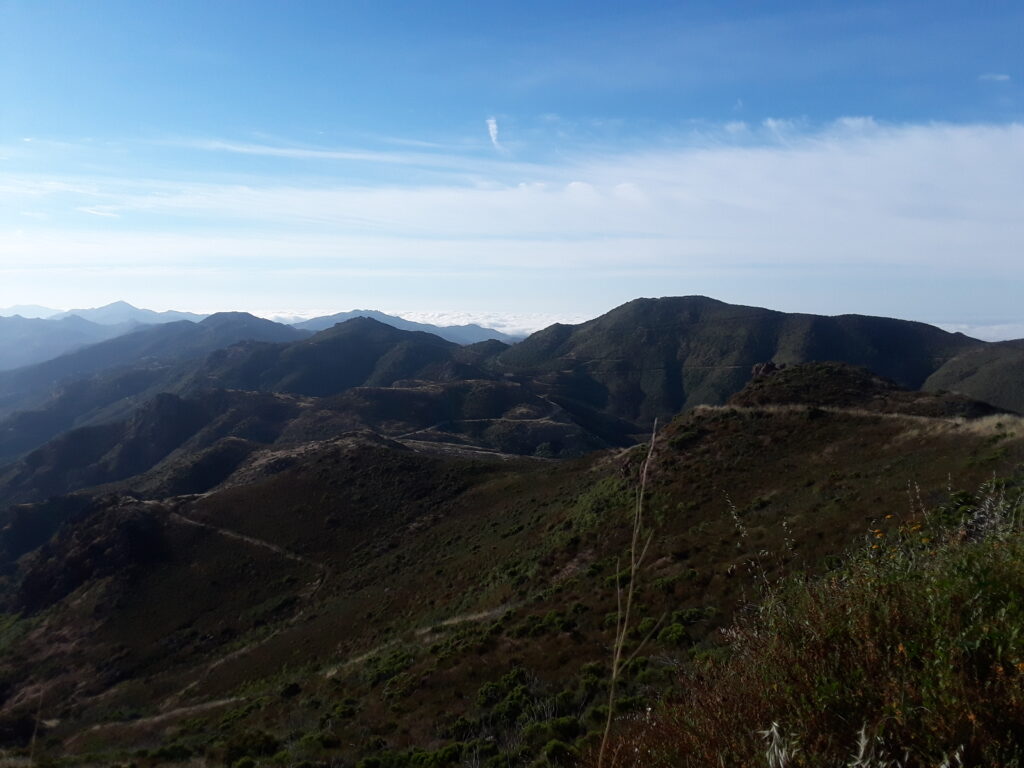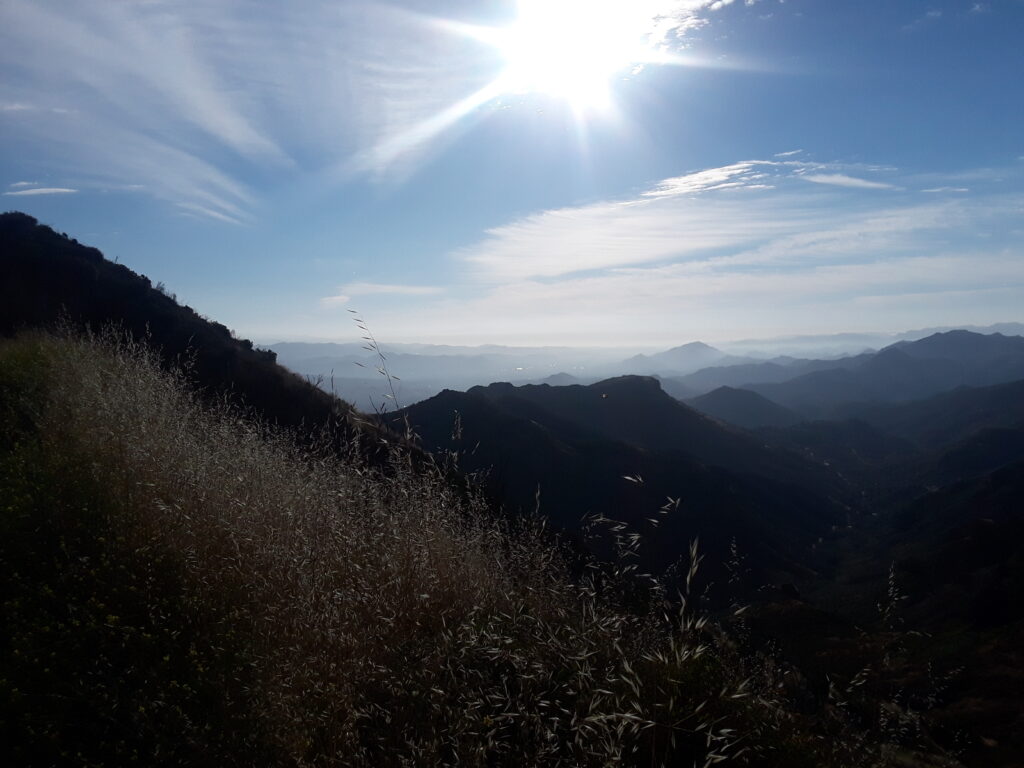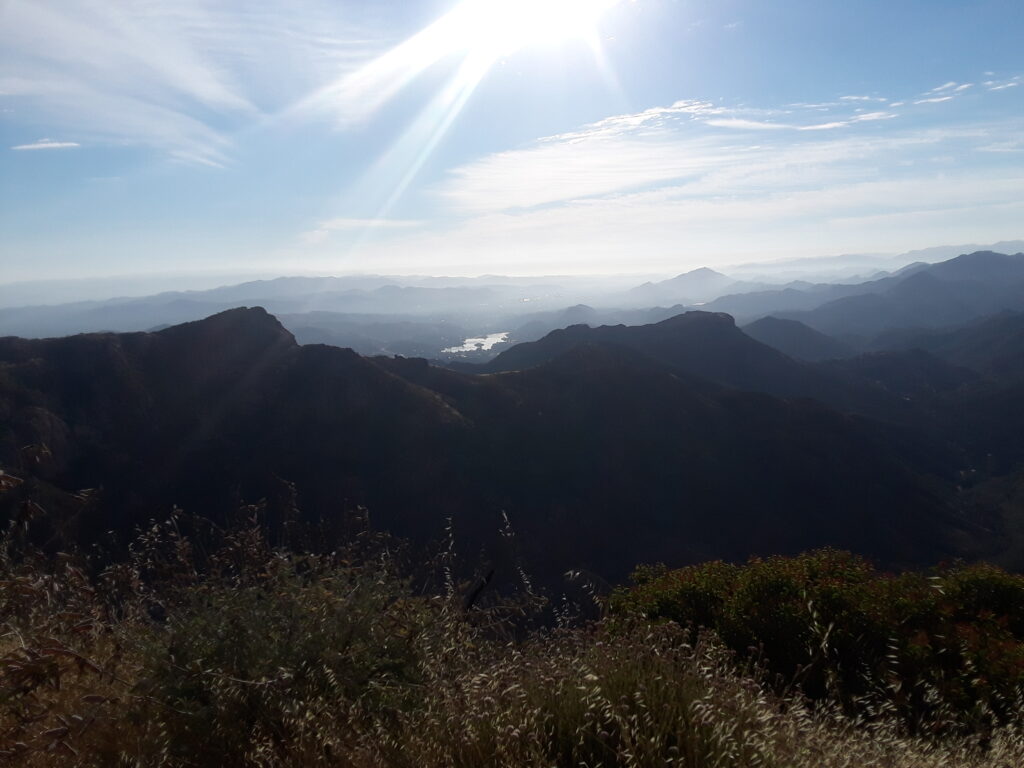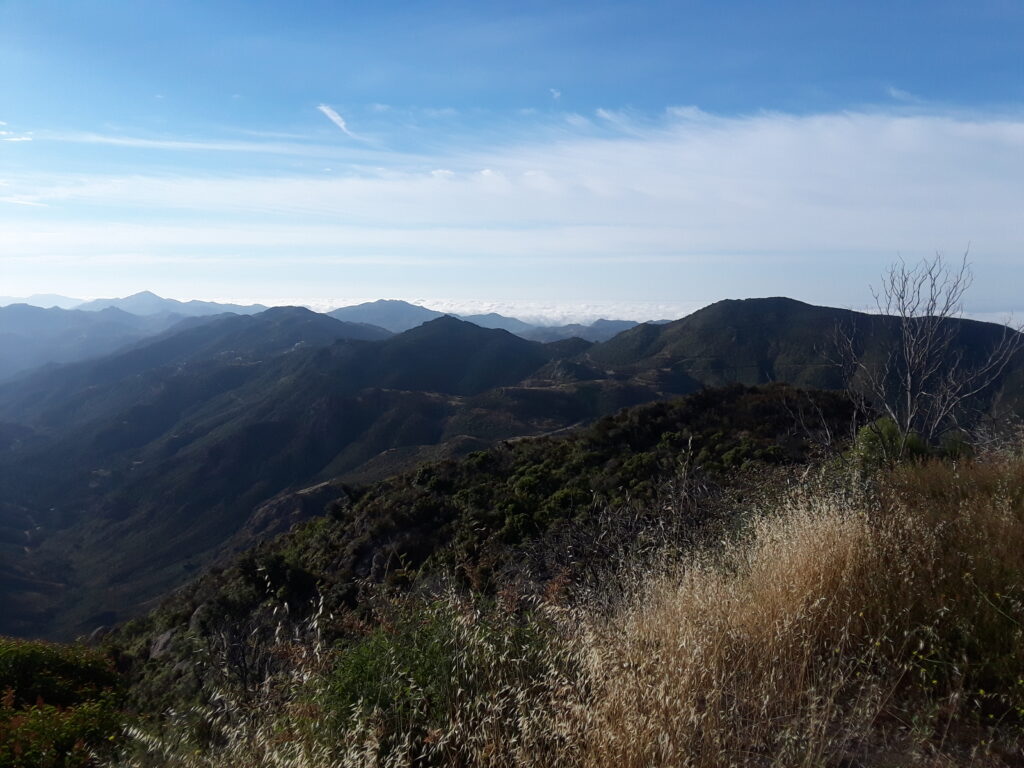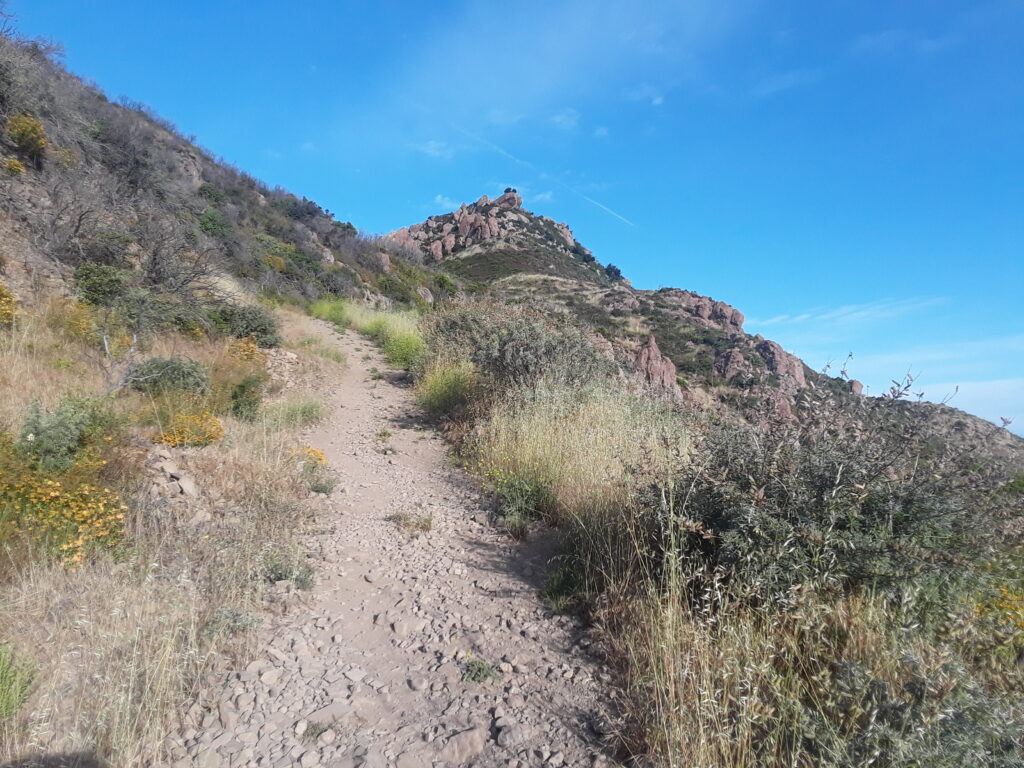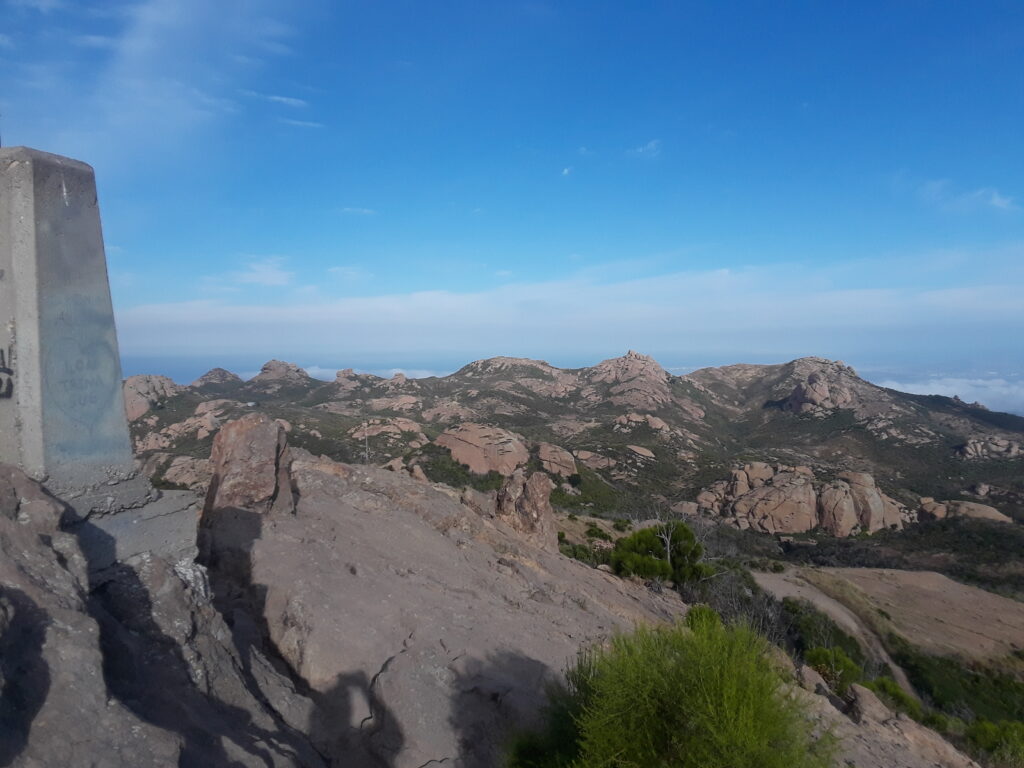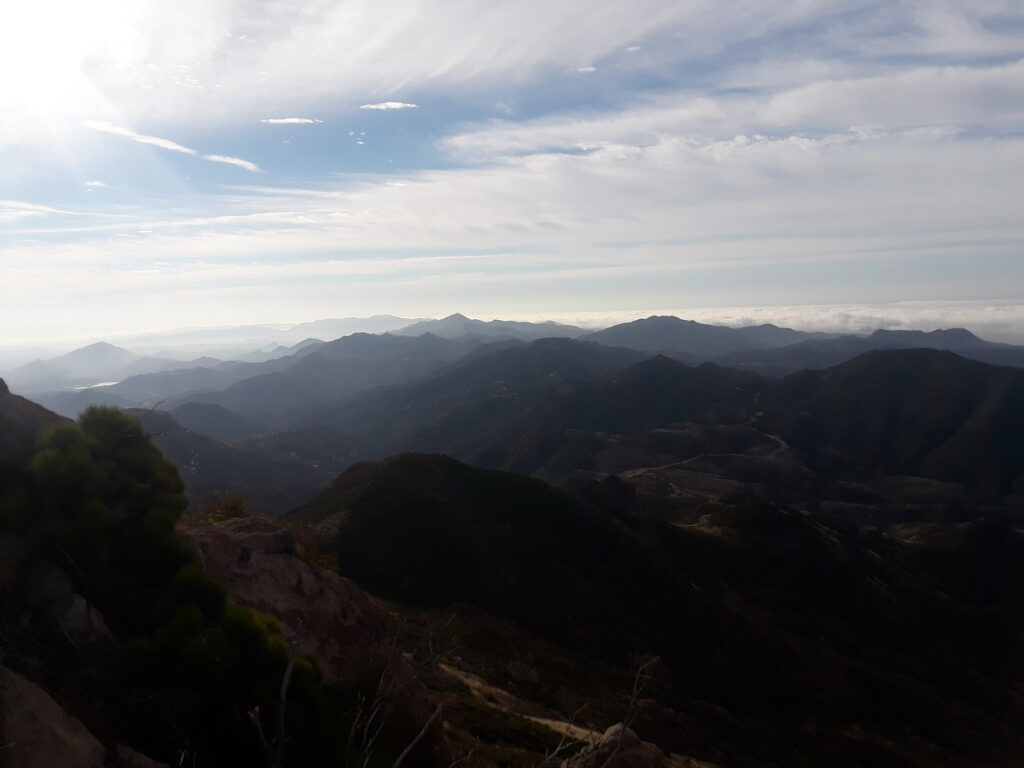This Guardian article describing comments made by an official in Oklahoma is the latest installment in the right attempting to revise historical truths that do not suit their narrative. In this case, the official is saying that the Tulsa Massacre in 1921 was not motivated by race. This does not deserve an earnest response because it is an argument woven in whole part from bullshit. I am sure there are many people who will take this on in the next few days.
It does, however, remind me of the similarly BS denial that the civil war was “not about slavery”. I heard this recently from a smart kid in middle school as he described his report on the civil war. It was horrifying to me that he was taught “the controversy” in a classroom when all source materials are unambiguous in the cause of the secession movement.
Below is a round-up of the declarations and ordinances from each seceding state, which show conclusively that slavery and the return of fugitive slaves from other states were the two reasons most frequently cited in the documents for secession. The only other reason specifically mentioned was from Texas, who were still upset that the Federal government had not done more to protect its borders in their war with Mexico a decade earlier. That is it. . . No other reasons are cited in the documents.
TD;LR – The secession of states following Lincoln’s election was about slavery explicitly.
The South Carolina Declaration came first, adopted on December 24, 1860. It states vey clearly that Article 4 of the United States Constitution required “No person held to service or labour in one state, under the laws thereof, escaping into another, shall, in consequence of any law or regulation therein, be discharged from such service or labour, but shall be delivered up on claim of the party to whom such service or labour may be due.” [Note that this clause was superseded by ratification of the 13th Amendment in 1865]. The Northern states’ violation of this was the primary and sole cause mentioned in the document for South Carolina’s succession from the union.
They wrote,
“But an increasing hostility on the part of the non-slaveholding States to the institution of slavery, has led to a disregard of their obligations, and the laws of the General Government have ceased to effect the objects of the Constitution. The States of Maine, New Hampshire, Vermont, Massachusetts, Connecticut, Rhode Island, New York, Pennsylvania, Illinois, Indiana, Michigan, Wisconsin and Iowa, have enacted laws which either nullify the Acts of Congress or render useless any attempt to execute them. In many of these States the fugitive is discharged from service or labor claimed, and in none of them has the State Government complied with the stipulation made in the Constitution. The State of New Jersey, at an early day, passed a law in conformity with her constitutional obligation; but the current of anti-slavery feeling has led her more recently to enact laws which render inoperative the remedies provided by her own law and by the laws of Congress. In the State of New York even the right of transit for a slave has been denied by her tribunals; and the States of Ohio and Iowa have refused to surrender to justice fugitives charged with murder, and with inciting servile insurrection in the State of Virginia. Thus the constituted compact has been deliberately broken and disregarded by the non-slaveholding States, and the consequence follows that South Carolina is released from her obligation.”
South Carolina was not alone. Here is a page with the text of the declarations from the first several states to secede.
In Georgia, they wrote, “For the last ten years we have had numerous and serious causes of complaint against our non-slave-holding confederate States with reference to the subject of African slavery. . . While the subordination and the political and social inequality of the African race was fully conceded by all, it was plainly apparent that slavery would soon disappear from what are now the non-slave-holding States of the original thirteen. The opposition to slavery was then, as now, general in those States and the Constitution was made with direct reference to that fact.” Original Text in full.
In Mississippi, the second sentence of their declaration begins, “Our position is thoroughly identified with the institution of slavery– the greatest material interest of the world. Original Text in full.
Texas writes one paragraph about the failure of the U.S. government to protect its borders, and then spends 12+paragraphs and really, the entire remainder of the document explaining its grievances related to slavery. Original Text in full.
Louisiana‘s ordinance of secession only states that they are leaving and does not list grievances in particular.
Florida passed a similar ordinance, but later was found to have drafted an unpublished narrative declaration. It’s chief grievance is the conflict between slaveholding and non-slaveholding states.
Alabama‘s Ordinance of secession only references the election of President Lincoln as the precipitating event for their withdrawal from the union, but does reference their plan to confederate with the other slaveholding states.
The later seceding states (all of which seceded in April and May of 1961, following the beginning of the war when the Beauregard fired on Fort Sumter in Charleston harbor on April 12, 1861) tend to draft shorter ordinances.
Arkansas did not secede until May of 1861, and they write an ordinance referencing Lincoln’s rule and the war between North and South.
Virginia‘s Ordinance of secession, similar to Louisiana’s, states simply that they are seceding, but does state, that the Federal Government has perverted the constitution “not only to the injury of the people of Virginia, but to the oppression of the Southern Slaveholding States.” Again, this is about the Northern States’ increasing refusal to return fugitive slaves to their bondage.
Tennessee‘s entire legislature voted the state out of the union, invoking NOT the constitution, but the original right of revolution. The ordinance was devoid of their reasons for secession.
North Carolina‘s ordinance was similarly without a list of grievances.
And there you have it. I don’t see ambiguity or controversy here.





